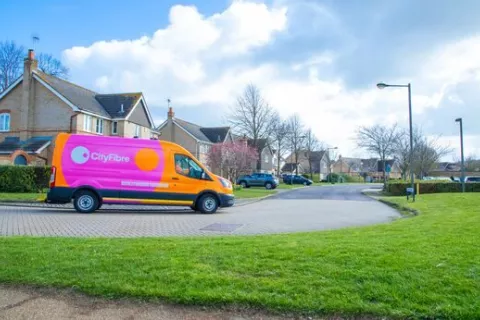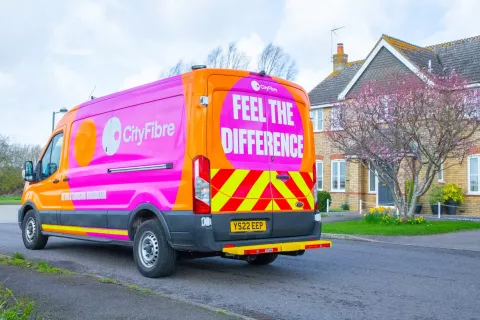
City communications
'Project Gigabit' work begins in Sussex to connect rural areas to full fibre
9 January 2025
We recently ran a poll on this blog asking “Have you and your customers encountered issues with the existing MAC system and will the new one solve these?” Unsurprisingly, 50% stated that they hadn’t had any issues and believe the changes to be unnecessary with a further 38% stating a few issues had been experienced but that they didn’t think the new system would help. That’s an 88% majority that think the changes coming into force from June are unnecessary! So, why are Ofcom getting involved? After all, if it’s not broke - why fix it?
 Neil Watson, Head of Service[/caption]
Neil Watson, Head of Service[/caption]
 That’s a good question! Back in 2012 when the consultation began, Ofcom argued that they received numerous complaints on this subject and their own research showed problems with customer confusion, unnecessary delays, unfair costs and even slamming - although this was later agreed to be a much smaller problem than originally suspected. Therefore Ofcom set about to evaluate and change the current process and as a result the new Gaining Provider Led (GPL) system will take effect from June 2015.
Why GPL?
To quote Ofcom: “First, we believe that LPL (Losing Provider Led) processes lead to higher switching costs for consumers, both financial and in terms of difficulty. Under LPL consumers have to go through a process with their losing provider – who by definition has little incentive to help customers leave them. An LPL process would be likely to create significantly poorer customer experiences when, in contrast, the existing GPL process supports a positive experience.”
Ok, that seems reasonable but how big a problem is this? Is it really worth all the time, money and hassle that it is causing for Ofcom, providers and consumers? As far as we can see - no! A survey carried out by ThinkBroadband.com in 2012/3 (when the consultation began) showed similar results to our own more recent poll:
“6 in 10 users switched using the MAC process and overall 89% of users found the switching process easy. However, half of the users who couldn't use a MAC to switch found the process difficult.”
That’s a good question! Back in 2012 when the consultation began, Ofcom argued that they received numerous complaints on this subject and their own research showed problems with customer confusion, unnecessary delays, unfair costs and even slamming - although this was later agreed to be a much smaller problem than originally suspected. Therefore Ofcom set about to evaluate and change the current process and as a result the new Gaining Provider Led (GPL) system will take effect from June 2015.
Why GPL?
To quote Ofcom: “First, we believe that LPL (Losing Provider Led) processes lead to higher switching costs for consumers, both financial and in terms of difficulty. Under LPL consumers have to go through a process with their losing provider – who by definition has little incentive to help customers leave them. An LPL process would be likely to create significantly poorer customer experiences when, in contrast, the existing GPL process supports a positive experience.”
Ok, that seems reasonable but how big a problem is this? Is it really worth all the time, money and hassle that it is causing for Ofcom, providers and consumers? As far as we can see - no! A survey carried out by ThinkBroadband.com in 2012/3 (when the consultation began) showed similar results to our own more recent poll:
“6 in 10 users switched using the MAC process and overall 89% of users found the switching process easy. However, half of the users who couldn't use a MAC to switch found the process difficult.”
With network projects in over 60 cities and construction underway to reach up to 8 million homes

City communications
9 January 2025

Project Gigabit
19 December 2024

Project Gigabit
17 December 2024